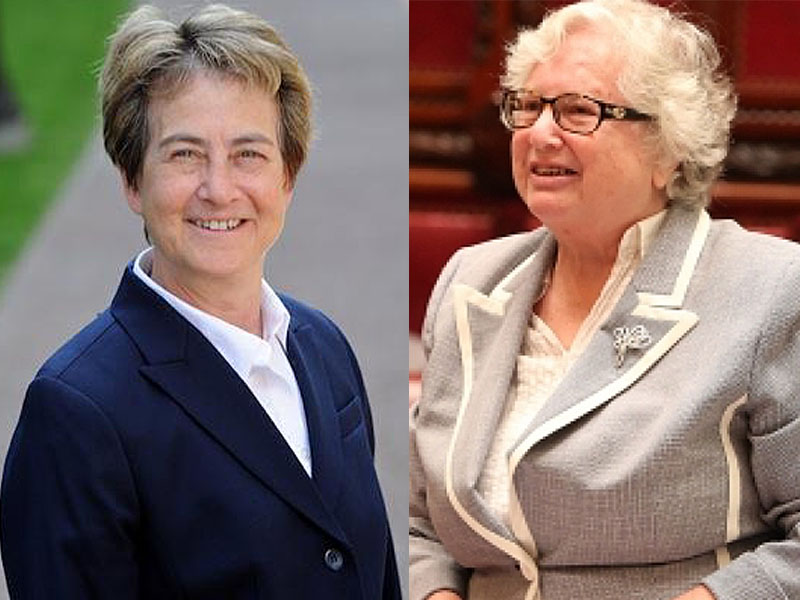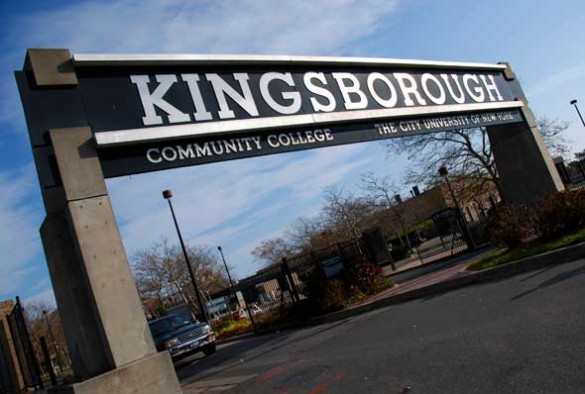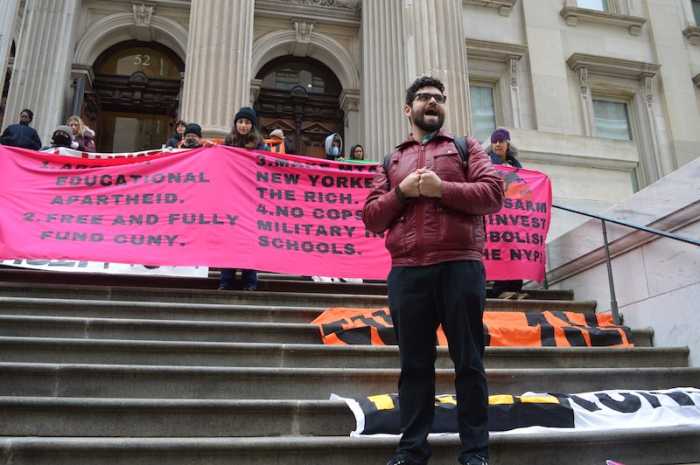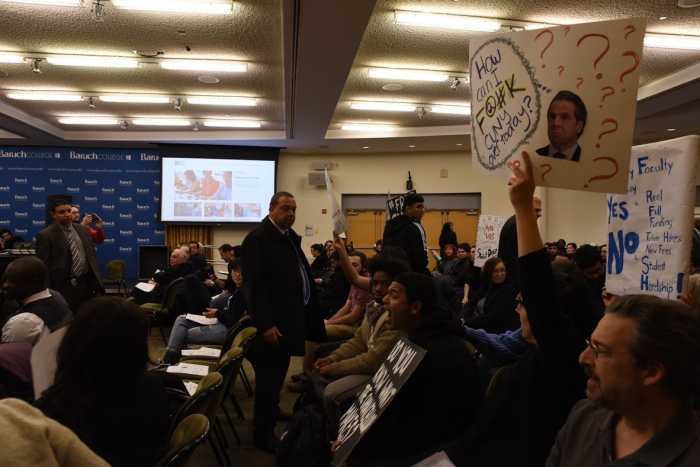After multiple schools sued the Trump administration for its new rule against foreign students taking online-only classes, two New York City lawmakers urged the state’s attorney general and universities to follow suit.
The changes, by U.S. Immigration and Customs Enforcement (ICE) earlier this week, will affect the Student and Exchange Visitor Program, a program that gives visas to foreigners so they can study in the U.S. but not immigrate. The change mandates that foreign students seeking academic degrees in the United States will have to leave the country or risk deportation if the colleges and universities they attend move to online-only courses.
State Sen. Toby Stavisky (D-Queens) and State Assemblymember Deborah Glick (D-Manhattan) called on New York State Attorney General Letitia James and New York’s public and private universities to join the lawsuit filed originally by Harvard University and the Massachusetts Institute of Technology during a virtual press conference hosted by the University Student Senate of the City University of New York (USS CUNY) on Thursday.
“It is vital to New York state that we continue to have our international students be a part of the university writ large and not a pawn in Trump’s political games,” said Glick, chair of the Assembly’s Higher Education Committee.
Stavisky and Glick called the new guidance –– which prohibits foreign students from remaining in the country if their school is providing online-only classes next semester because of the pandemic –– divisive and xenophobic, and a ploy to boost Trump’s ratings with his voters before the election.
The administration should focus on putting together more stimulus money for higher education, they said, which is something states are asking for.
“Instead we’ve gotten one edict after another that is intended to undermine and make more divisive the campuses across the country,” said Glick.
If allowed to stand, the new rule will further burden a group of students already struggling because of the pandemic. It will endanger their health if they are forced to take in-person classes and their education if they are forced to return to their country of origin, the lawmakers said.
Stavisky previously condemned the changes saying they were an attempt to force schools to reopen despite dangers from the ongoing public health crisis.
“What the president did was unconscionable. It was horrendous and unfortunately not very surprising,” said Stavisky, chair of the Senate’s Higher Education Committee. “There are serious consequences to this action.”
The attorney general’s office and CUNY did not respond to questions about whether or not they plan to join the lawsuit.
The new rule doesn’t take into account things like access to reliable internet and electricity in a student’s home country, whether or not the country allows access to VPN’s from the U.S., or even the logistics of attending class in a different time zone, said Nigerian student Nicole Agu, a student at the College of Staten Island.
Taking classes in the middle of the night in Nigeria would jeopardize her studies, said Agu, Vice-Chair of International Affairs for USS CUNY.
“International students invested so much emotionally, academically, financially to be here,” she said.
They’ve been through enough, said Timothy Hunter, who, through his role as the chairperson of the USS CUNY and a student trustee, has helped international students navigate hardships such as losing their student housing because of the pandemic.
He urged CUNY to join the lawsuit but said that if it is unsuccessful, he hopes they find a way to provide safe in-person classes for international students so they can remain in the country.
“We want to advocate for whatever keeps them safe and whatever keeps them here,” he said.










